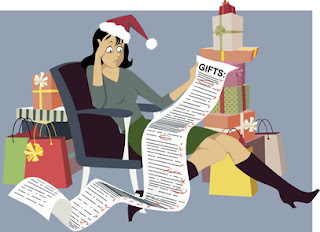This week marks the official start of winter on December 21. And while our weather is typically mild in Central Texas, we do experience the occasional bout of freezing temps, snow, and ice--just like we saw recently.
If you're planning on continuing your running or outdoor workouts over the next few months, here are some good reminders on bracing for the cold:
- Warm up inside first. Before heading out on your running route, do a quick warm-up inside to get blood flowing and your heart rate up in advance of the shock of the cold. Not warming up properly can lead to shortness of breath, stressed joints and muscle strains.
- Dress in layers. Several light, breathable layers of moisture-wicking fabric work best in cold weather. You can shed layers as needed, and remember to wear a waterproof shell over it all if you expect rain.
- Don't forget to protect your extremities. Fingers, toes, ears, and noses are the most susceptible to frostbite if temps dip down to freezing or below (unlikely for Central Texas!). Knit hats bulled down can cover ears, and a scarf around the neck pulled up can keep your nose warm.
- Hydrate as if it were hot out. Even in the cold, your body loses a great deal of moisture when sweating. Drink water before, after, and during a rigorous run or workout--a good rule is to drink half your weight in ounces throughout the day.
- Watch out for ice. It's rare, but when it's there, a nasty slip or fall can lead to very serious injuries like broken bones, fractures, and even concussions. Wear sturdy shoes with good traction and stick to more well-traveled roads and/or fields.
Also, with shorter daylight hours, early morning or after-work exercise can be dangerous. Stay visible by wearing reflective gear, or invite a friend to join you so you're not alone. Better yet, switch it up and opt for a midday/lunchtime workout when temperatures are at their peak.
(Adapted from Runner's World)
Keep up with Texas Orthopedics news by following us on Facebook and Twitter (@TexasOrthopedic).







